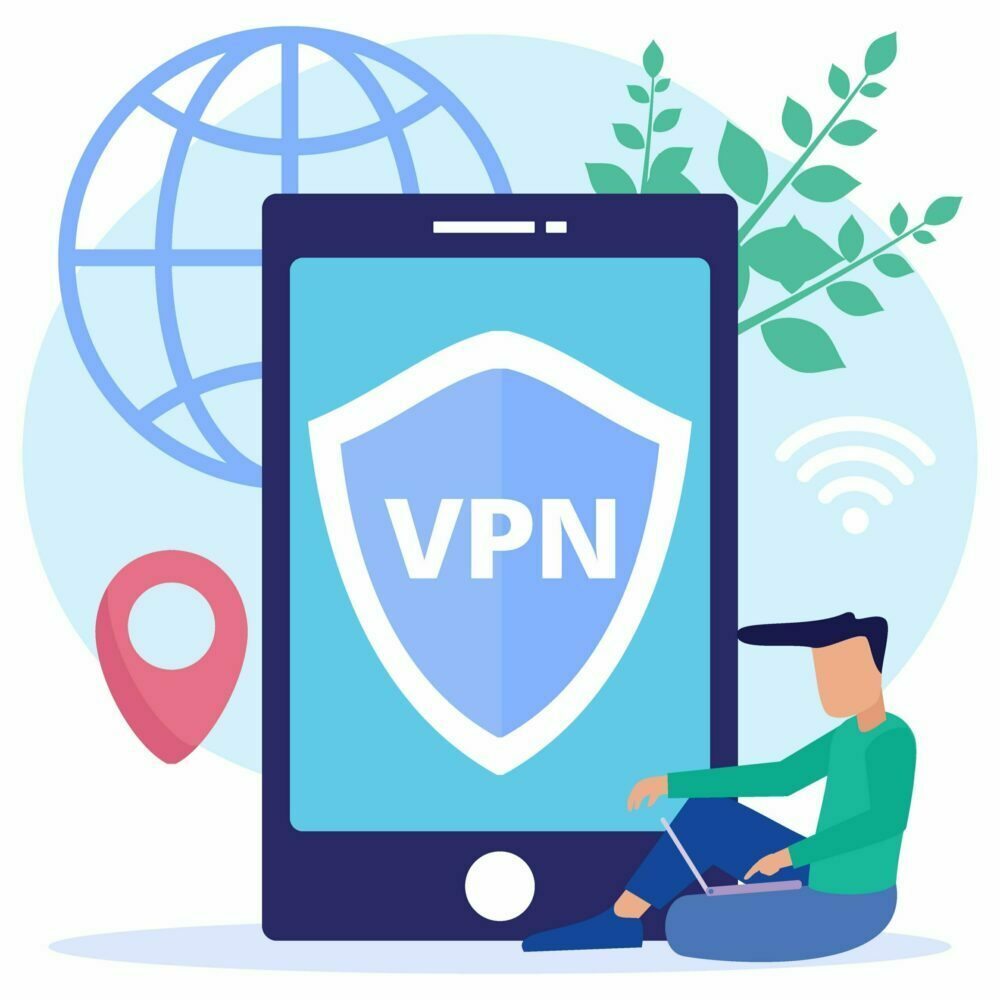Unveiling the Mystery: How VPN Works
- January 02, 2023
- by
- Xavi
With the growing prevalence of cyber criminals, having a secure network connection is becoming increasingly important. As such, many Internet users are turning to Virtual Private Networks (VPN) to protect their data and browsing activities from prying eyes. But what exactly is a VPN, and how does it work? This article will explain how VPN works and how it protects your online privacy.
A Virtual Private Network (VPN) is an essential tool for many people. It allows users to access the internet securely, privately, and anonymously. A VPN hides a user’s IP address and encrypts their data so it can’t be tracked or intercepted by third parties such as hackers or advertisers. With a VPN, users can browse the web with peace of mind knowing that their browsing activity is secure and private.
VPNs are used for various purposes, including streaming geo-blocked content, bypassing government censorship, protecting personal information online, and more. Businesses commonly use VPNs to create secure connections between remote networks over the public internet. Whether you need a basic privacy shield or advanced encryption protocols, understanding how VPNs work is essential to ensuring you have the best possible online experience.
How does a VPN Work?
A virtual private network, or VPN, is essential for staying safe and secure online. It provides a layer of encryption and anonymity so that your data isn’t vulnerable to malicious actors on the internet. But how does a VPN work? This article will explain the inner workings of a VPN so you can make an informed decision about using one for your online activities.
A VPN works by routing all your internet traffic through a server located in another location before it reaches its destination. Any requests made to websites or services are sent from the server instead of your device, concealing your actual IP address and location. All communication between you and the server is encrypted, preventing hackers or anyone else from accessing or monitoring your online activity.
Can VPN change your location?
Virtual Private Networks have become an increasingly popular way to keep data secure and protect user privacy. But did you know VPNs can also use them to change your geographic location?
Anyone who has tried to access streaming video or music outside the country in which it’s available knows the pain of geographic restrictions. With a VPN, however, users can appear as if they are browsing from another region or country. By connecting to a server in that area, any website would think that was your location — even if you’re physically hundreds or thousands of miles away!
This convenient tool isn’t just for accessing geo-restricted content; it also provides an extra layer of security when connected to public networks like coffee shops and airports.
How VPN Protects You
A VPN creates a virtual tunnel that scrambles and encrypts all data from one point to another. VPN ensures that any information sent over this tunnel is secure from prying eyes and malicious actors who might be trying to intercept it. By routing your data through a remote server before sending it on its way, a VPN also hides your IP address, making it difficult for third parties to track your location or what sites you’ve visited.
Types of VPNs
There are several different types of VPNs, each with advantages and disadvantages depending on your individual needs.
The most common type of VPN is the Remote Access VPN, which allows users to access data remotely from outside their local network. With this type of VPN, users can connect to a corporate network from home or other remote locations to securely view sensitive documents or perform other tasks without having direct access to the company’s internal network. Another popular type of VPN is the Site-to-Site VPN, which connects multiple offices over an encrypted connection so employees in different locations can communicate securely.
Security and Encryption
In today’s digital age, security and encryption are vital for keeping our information safe. A virtual private network (VPN) is an excellent way to ensure your online safety and privacy. VPNs provide an encrypted connection between your device and the internet so that any data sent or received is secure from external threats. By using a VPN, users can prevent cybercriminals from accessing their private data or intercepting their communications, giving them peace of mind while they browse online.
The technology behind a VPN works by creating an encrypted tunnel between the user’s computer and the remote server they connect to. Once connected, all traffic going through the tunnel is securely encrypted so no one outside the network can access it. This encryption ensures that even if someone were to gain access to your data, it would be unrecognizable, thanks to its encoded state.
Conclusion
This article on how VPN works conclude that it can provide users with a secure and encrypted connection to the internet. It is essential for protecting user privacy and security, especially when accessing public networks. VPNs are also useful for accessing content that may be blocked or restricted by geographic location.
Using a VPN is not difficult, but many different providers are available in the market with various features and offerings. It’s essential to consider the cost, speed, encryption protocols, server locations, and customer service when choosing which provider to use. With some research and experimentation, you should find one that fits your needs perfectly.





